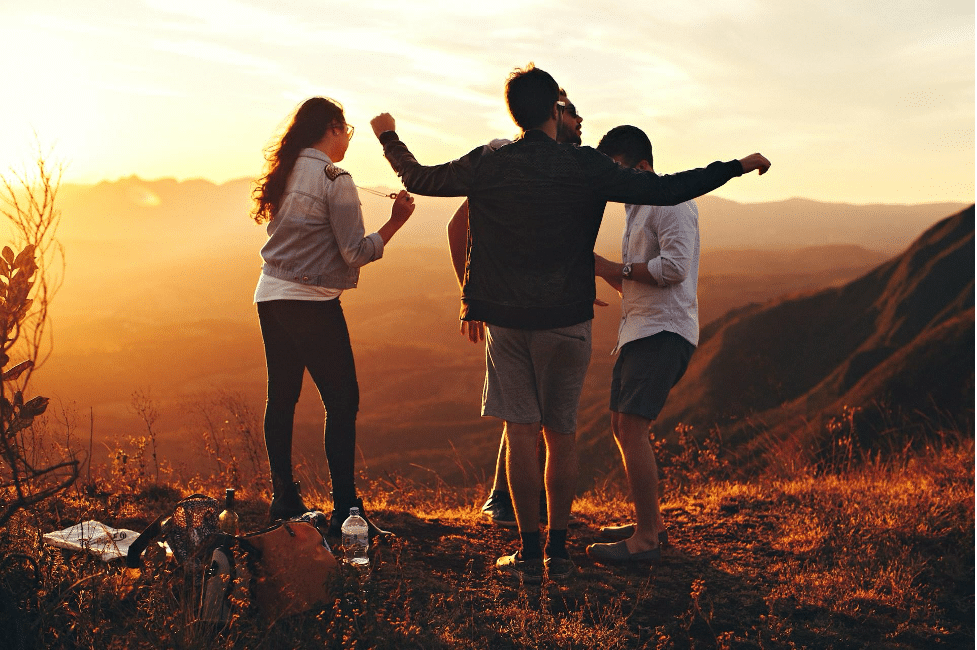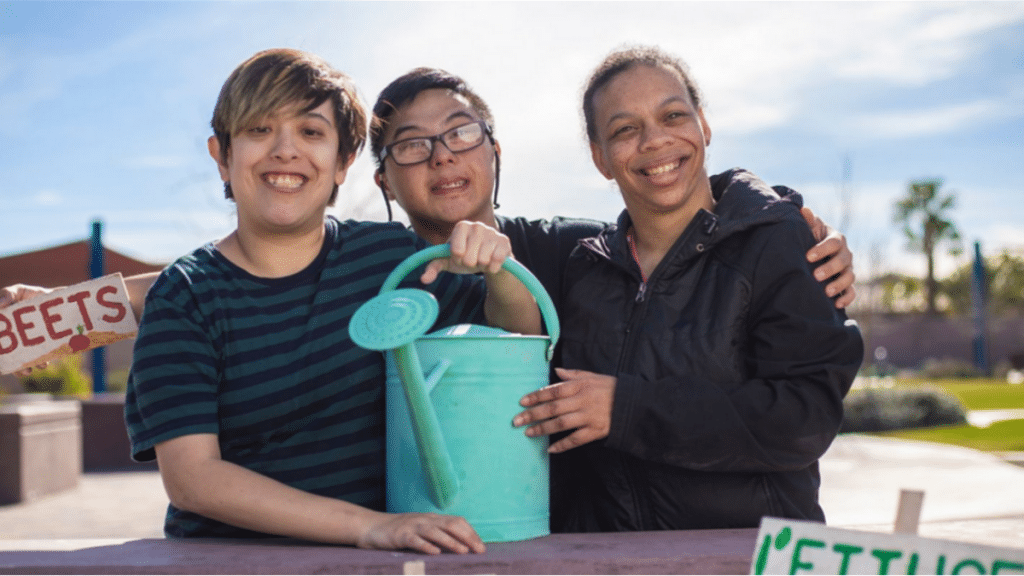People with neurological disabilities deserve opportunities to grow, explore new interests, and build confidence. Organizations that provide services for adults with developmental disabilities make this possible by creating welcoming spaces where individuals can discover hobbies, learn valuable skills, and make lasting connections. This helps to improve self-expression.
Additionally, moderate physical activity improves well-being. It’s associated with a 31% lower overall risk of death, a 38% drop in cardiovascular mortality, and a 27% reduction in non-cardiovascular mortality.
For those interested in hobbies for adults with disabilities, this article highlights some of the most impactful pastimes you can do.
The Significance of Diverse Activities for Individuals with Neurological Disabilities
For people with disabilities, engaging in varied pastimes is vital to developing social skills, building confidence, and gaining independence. Pastimes like art classes or music therapy provide more than enjoyment—they create chances for self-expression, connection, and growth.
Key Advantages of Participating in Activities
Overall, participating in activities can help in the following ways:
- Encouraging personal time and relaxation
- Clearing and focusing the mind
- Improving overall health
- Expanding life experiences
- Increasing social connections
- Enhancing career growth opportunities
Activities for People with Developmental Disabilities
Now, let’s delve into the fun activities for adults with developmental disabilities. Each activity is designed to be accessible and meaningful, offering participants a sense of achievement and helping them step out of their daily routines.
Outdoor Nature Walks

Nature walks offer them a chance to enjoy the calming beauty of the outdoors while engaging in gentle exercise. Imagine a small group exploring a local park, guided by a staff member who helps them observe and appreciate the sights and sounds around them.
These outings can include sensory elements—such as listening to birds, feeling the textures of leaves, or noticing the sunlight filtering through the trees—which can be particularly soothing for individuals with sensory sensitivities. Nature walks also encourage mindfulness, providing a peaceful space for relaxation and reflection.
Music Therapy
Music therapy activities for adults with developmental disabilities create moments of self-expression and connection through rhythm and sound. Participants might clap along, sing, or experiment with simple instruments like drums or tambourines in a music therapy session.
For some, it’s a way to connect emotionally; for others, it may help with motor skills or language development. For instance, a shy participant can find confidence in singing, which soon translates to better communication skills in daily interactions.
Art and Craft Sessions
Art and crafts sessions are another excellent way to explore their creativity and build fine motor skills. Participants might work with paint, clay, or colored paper, each project encouraging them to bring their ideas to life.
Those who struggle with verbal expression can communicate beautifully through art, choosing colors and shapes that reflect their emotions. Moreover, creating something tangible gives participants a sense of pride and ownership, often resulting in artwork they are excited to share with others.
Adaptive Sports
Physical activities for adults with developmental disabilities, like adaptive sports, promote teamwork, fitness, and confidence. Pastimes like bocce ball, basketball, or swimming are often modified to accommodate different abilities, ensuring everyone can participate comfortably.
Adaptive sports provide physical exercise and create a space for social bonding and teamwork. Take, for instance, a group of swimmers who cheer each other on as they learn new techniques in the pool. The shared experience of working toward a common goal—making it across the pool or scoring a basket—improves friendships and builds a sense of community.
Cooking Classes
Cooking classes provide hands-on meal preparation experience, offering valuable life skills that boost independence. In a class setting, participants learn basic cooking techniques, food safety, and nutrition, all while enjoying the sensory experience of working with different textures and flavors.
Cooking classes help participants gain practical skills and encourage teamwork and social interaction. They also boost self-esteem and a sense of independence.
Final Thoughts
These pastimes give people with neurological disabilities opportunities to discover their strengths, connect with others, and enjoy a fulfilling life. From the quiet reflection of a nature walk to the creativity unleashed in art sessions, each activity serves a purpose beyond the moment—helping with mental, emotional, and physical well-being. Support from places like Gateway Counseling Center can help with this to simplify your work.

